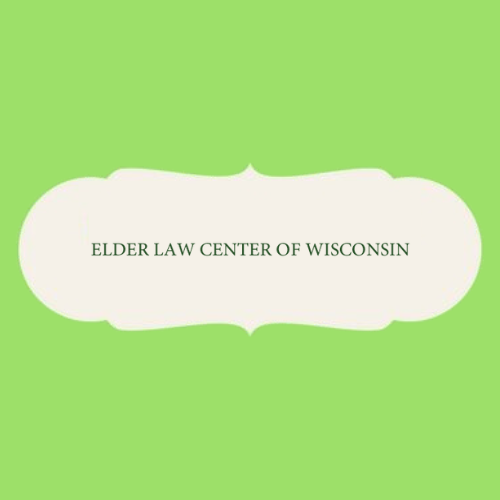
Lawcenterwi
Uploaded on May 26, 2025
Category
Business
This presentation highlights the importance of estate planning for seniors in Wisconsin. Learn how to create wills, establish trusts, and prepare for long-term care while preserving your assets. Don’t wait—view now and safeguard your legacy.
Category
Business
Estate Planning for Seniors in Wisconsin Secure Peace of Mind
ESTATE PLANNING
FOR SENIORS IN WISCONSIN
Introduction
As we age, our priorities naturally shift toward
protecting our health, finances, and loved ones. One of
the most important steps seniors can take to
safeguard their future is estate planning. In Wisconsin,
where laws vary from other states, it is especially
critical to understand the legal options available to
seniors. Whether it's creating a will, establishing a
trust, or preparing for long-term care, estate planning
ensures that your wishes are respected and your
family is not burdened by uncertainty or legal
challenges.
At the Elder Law Center of Wisconsin, seniors receive
compassionate and knowledgeable legal support to
guide them through every step of the estate planning
process. Let's explore why estate planning matters,
what tools are available, and how Wisconsin seniors
can take control of their futures today.
Why Estate Planning Matters
for Seniors
Many people delay estate planning, assuming it's only necessary when
facing health issues or nearing the end of life. In reality, estate
planning is about preparation and protection, not just for you, but for
your loved ones as well. Here’s why it’s essential:
• Peace of Mind: Knowing your affairs are in order reduces stress and
anxiety for you and your family.
• Avoid Probate: Proper planning can keep your estate out of Wisconsin’s
public probate process, which can be costly and time-consuming.
• Control Over Your Wishes: Estate planning ensures your decisions are
legally documented and carried out—whether related to finances,
healthcare, or property distribution.
• Protection from Guardianship: Legal planning helps prevent court-
appointed guardianship by allowing you to choose a trusted representative.
Common Mistakes Seniors
Make
in Estate Planning
Many seniors either put off estate planning or make avoidable
errors. Here are a few common mistakes:
• Not updating documents after major life events like divorce or
a spouse’s death
• Failing to fund a trust after it’s created
• Naming only one beneficiary without backups
• Keeping no records of where documents are stored
• Not consulting an attorney familiar with Wisconsin estate laws
Avoiding these mistakes starts with working with a qualified
estate planning attorney.
How the Elder Law Center of Wisconsin
Can Help
Located in Wisconsin, the Elder Law Center of Wisconsin specializes in helping seniors with
every aspect of estate planning. Their legal team offers:
• Personalized consultations to understand your family, finances, and goals
• Up-to-date legal expertise tailored to Wisconsin laws
• Guidance on protecting your estate from taxes and long-term care costs
• Ongoing support for updates and legal changes
What sets them apart is their client-first approach—ensuring every senior feels heard,
supported, and empowered.
When Should Seniors Start Estate Planning?
The best time to start estate planning is now. Life is unpredictable, and
the earlier you start, the more options you have. If you’re over 60 and
haven’t established a plan—or if it’s been years since you updated one
—now is the perfect time to act.
Here are a few signs it’s time to meet with an estate planning
attorney:
• You’ve recently retired or moved
• You’ve experienced a change in health
• Your family has grown or changed
• You’ve acquired new property or assets
Take the Next Step: Schedule Your Consultation
Whether you're just starting your estate
planning journey or need help updating an
existing plan, the Elder Law Center of
Wisconsin is here to help.
(262) 812-6262
www.elderlawcenterofwisconsin.co
m
www.elderlawcenterofwisconsin.com
THANK YOU!

Comments